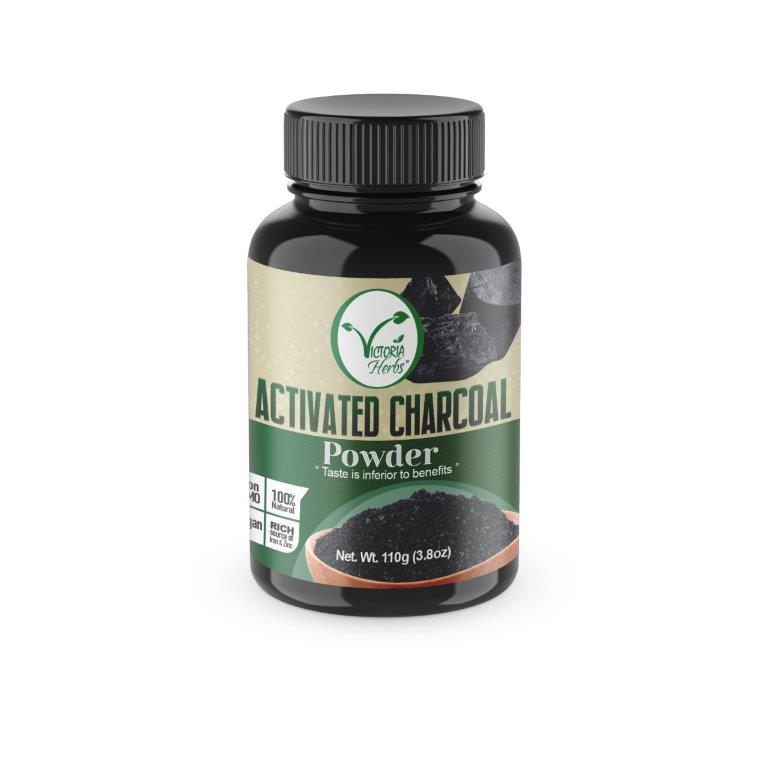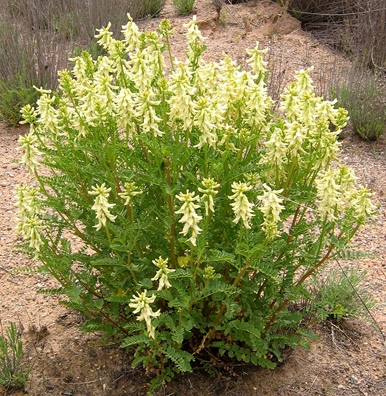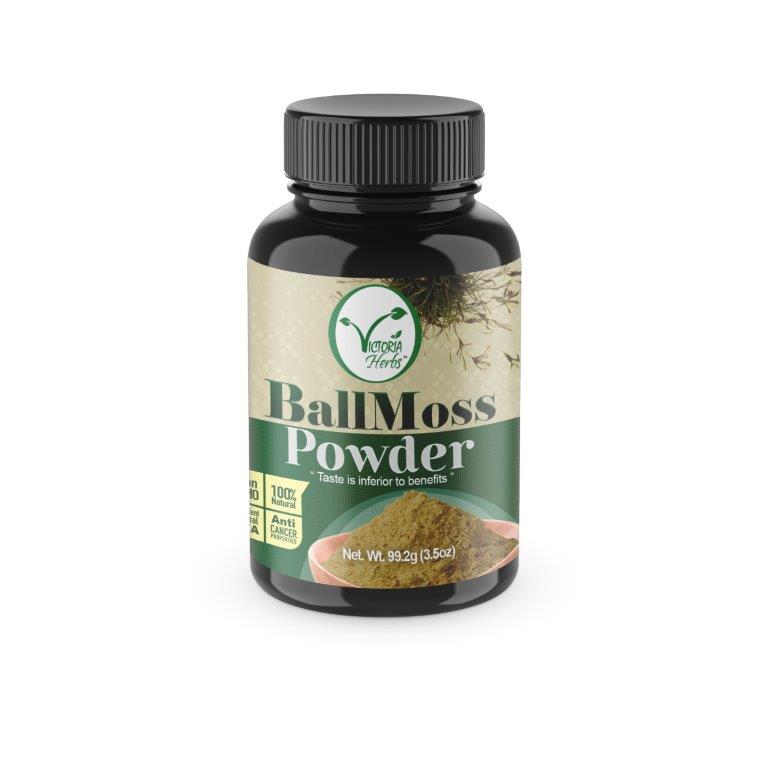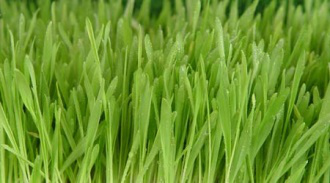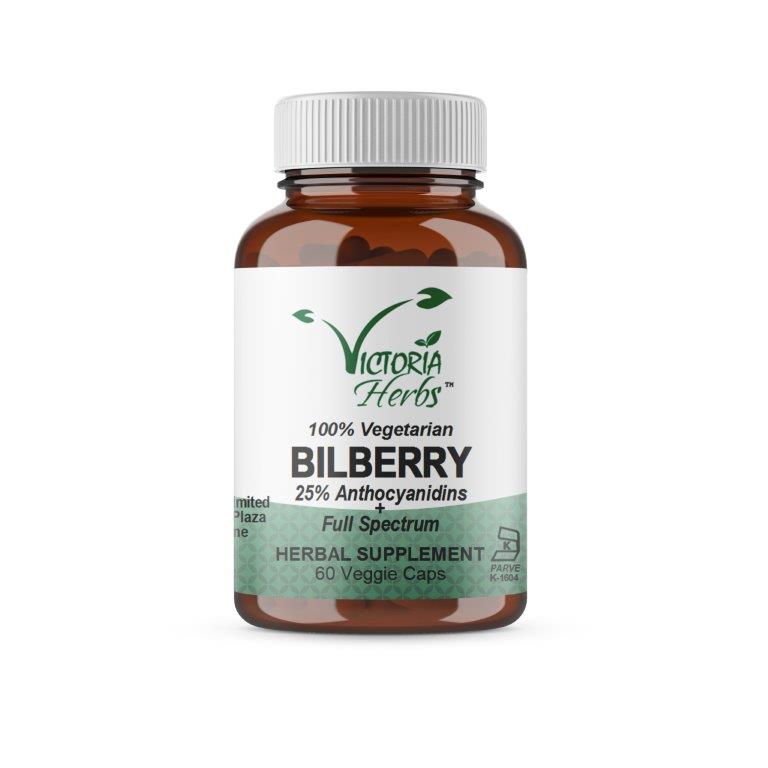Rosemary Leaf Herb
-
$3.92
- Availability: In Stock
Botanical: Rosmarinus officinalis Other common names: Compass Weed, Old Man, Dew of the Sea, Poplar Plant, Compass Plant, Incensor Rosemary has an old reputation for strengthening the memory and sharpening the senses (including vision). Long used to stimulate circulation to virtually all parts of the body, it also helps to enhance good digestion, eases...
Botanical: Rosmarinus officinalis
Other common names: Compass Weed, Old Man, Dew of the Sea, Poplar Plant, Compass Plant, Incensor
Rosemary has an old reputation for strengthening the memory and sharpening the senses (including vision). Long used to stimulate circulation to virtually all parts of the body, it also helps to enhance good digestion, eases pain and nervous anxiety, and may even help restore the look and glow of youth.
Country of Origin: Morocco
Beneficial Uses:
Studies suggest that the potent antioxidant carnosic acid content found in Rosemary may shield the brain from free radicals, potentially lowering the risk of strokes and neurodegenerative diseases like Alzheimer's and Lou Gehrig's.
Rosemary is an excellent stimulant for the circulatory system that not only improves brain function, but has also been used to treat disorders characterized by chronic circulatory weakness, such as high and low blood pressure, varicose veins, bruises and sprains. The flavonoid, diosmin, in Rosemary is reputedly more effective than rutin in reducing capillary fragility, enhancing a stronger flow of blood.
As an effective aid to good digestion and herbal relaxant, Rosemary gives strength and tone to the stomach, helps to stimulate digestion and relaxes the smooth muscle of the digestive tract, which helps to calm upset stomach, ease intestinal cramps and spasms, alleviate flatulence, dyspepsia, and relieve bloated feelings. It is also said to stimulate the release of bile, aiding the digestion of dietary fat. Rosemary is thought to be particularly helpful in treating indigestion caused by anxiety.
Rosemary calms and soothes the nerves, relaxes muscles, eases pain and reduces tension and anxiety throughout the body. It has thus been very helpful in treating headache, migraines (particularly when related to stress), depression, nervous exhaustion and apathy. The herb is said to also be effective in alleviating the pain of neuritis, neuralgia, tendonitis, rheumatism, aching joints and overall muscle pain and spasms.
As an herbal antiseptic, Rosemary cleanses the blood and helps to control many pathogenic Rosemary's fungicidal properties have been effective in killing yeast infections, such as Candida albicans.
Rosemary is said to be an emmenagogue, which promotes menstruation and regulates its flow, treating low or excessive bleeding. It also thought to ease menstrual cramps and pain in the uterus.
Because Rosemary stimulates and improves circulation throughout the body, it increases the blood supply to the skin, which is thought to help restore a youthful glow; and used externally, it is believed to stimulate hair bulbs and prevent baldness.
Contraindications:
Pregnant women should not use Rosemary in therapeutic doses, as it is a uterine stimulant, and it should never be used continuously by women with heavy menstrual flow. Rosemary should not be used in excessive amounts (many times the recommended dosage), as it may produce convulsions. Rosemary should not be taken by those who suffer with seizure disorders or epilepsy. Some people may be allergic to Rosemary and other members of the mint family (sage, thyme, basil, etc.).
This extract was taken from http://www.herbalextractsplus.com. Visit the site for further reading.



